How to maximise the mental health benefits of cycling
This World Mental Health Day, try going for a bike ride
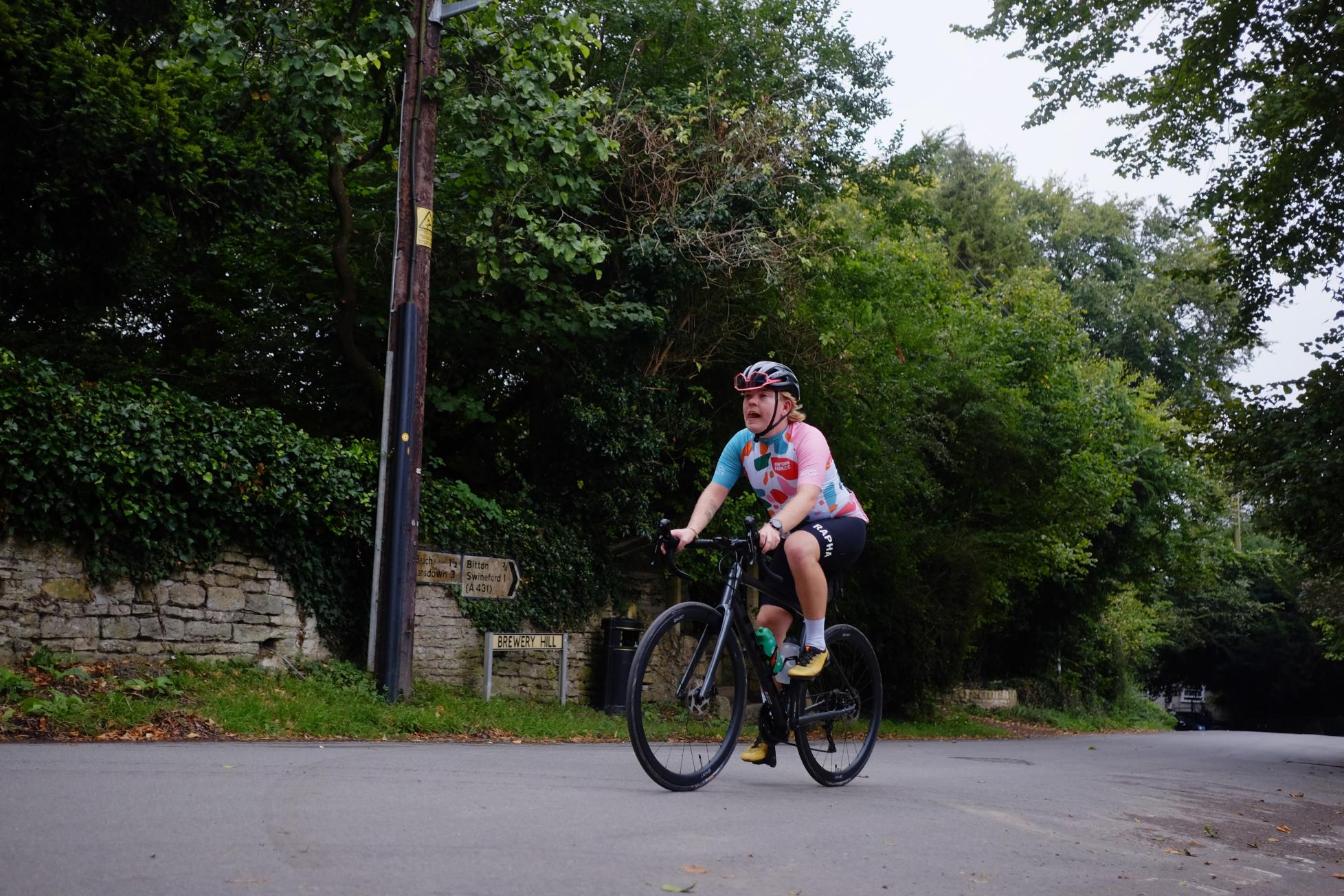

Happy World Mental Health Day, my mental health is fine, thanks for asking.
Today is the big one, a day where we are told to think about ourselves and the mental health of our peers. A perfect time to think about doing something that might help, like cycling.
It doesn't have to be long, it doesn't have to be particularly arduous, it doesn't even have to be outside; a short indoor pedal can unleash the benefits of cycling. It could be on your own, with a friend, or with a cycling club. Just stretch your legs and try and get out of your own head for a bit.
Since the beginning of the Covid pandemic I certainly became all too aware of how much cycling (and running, I will admit) can help my mind, can help ease my anxiety and depression. Just an hour or so of exercise can change the whole shape of a day, trust me; even when I'm in my darkest places, close to the edge, cycling can take me away, distract me.
I have been on antidepressants, too, yet it has always been a quick spin of the pedals that really helps, really helped change the direction of my day.
To tie in with Mental Health Awareness Week in 2022, Cycling Weekly spoke to chartered sport and exercise psychologist Josephine Perry to find out how and why riding can help with your head.

Josie Perry is a Chartered Psychologist, with an MSc in Communications, a MSc in Psychology and a MSc in Sport and Exercise Psychology. She also has a PhD in Political Communications. Perry is a Chartered member of the British Psychological Society (BPS) and a member of the Association of Applied Sports Psychologists (AASP). She is registered with the Health Care Professions Council. She runs Performance in Mind, a performance psychology consultancy committed to helping athletes get the most from themselves.
The dopamine rush of exercise
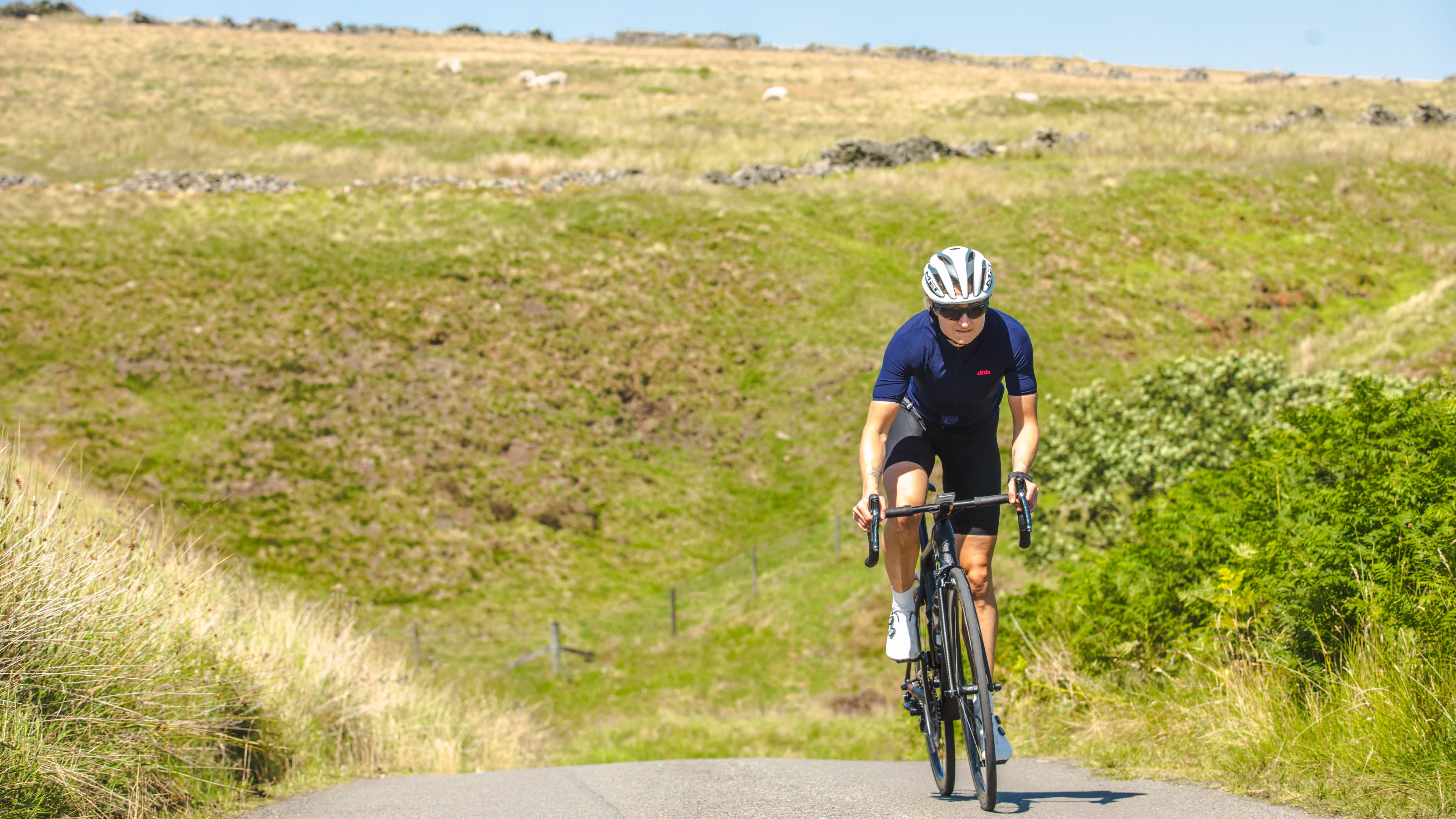
It should be clear to all who exercise that there is a positive rush of energy to be gained just from doing a bit of it. The fabled 'runner's high' really exists, and is not far away for anyone; it could just be a ten minute cycle that lifts your mood.
Get The Leadout Newsletter
The latest race content, interviews, features, reviews and expert buying guides, direct to your inbox!
"We know that exercise can be as effective as things like antidepressants, for helping deal with depressive symptoms," Perry says. "So that's clearly one of the biggest things, for me, for dealing with a mental health issue as you have it. One of the nice things about something like cycling is you get the dopamine rush when you finish. But you also get to feel like you've achieved something."
I know that getting out on the bike, breathing some fresh air, seeing some countryside, can help change my whole mindset. Obviously, a bike ride is not a replacement for therapy or antidepressants/SSRIs, but it can really help. Its implementation is controversial and might be ham-fisted, but the idea of GPs prescribing exercise is not as ridiculous as it sounds.
Yes, a 'stupid little walk for my mental health' has become a cliché, but the lockdowns of the last couple of years have proved how important some time outside is. Obviously, for some this might prove hard, so don't forget how helpful some time on a turbo trainer might help too.
"It can be very hard when you have things like depression or anxiety, where it feels like you're stuck quite still, and you're not moving on," Perry explains. "You might be looking around other people and feeling like you're not doing what you should be doing. Something like cycling is really good, because you can physically see you've transported yourself from one place to another. So you feel that achievement."
It is one of the many things that I love about living in south Bristol; the fact within 10 minutes I can be in the countryside proper, really get out of my mind. If you do live within touching distance of this, just a short time out of the city might be the difference between feeling stuck and giving your head a bit of a refresh.
Connecting with others
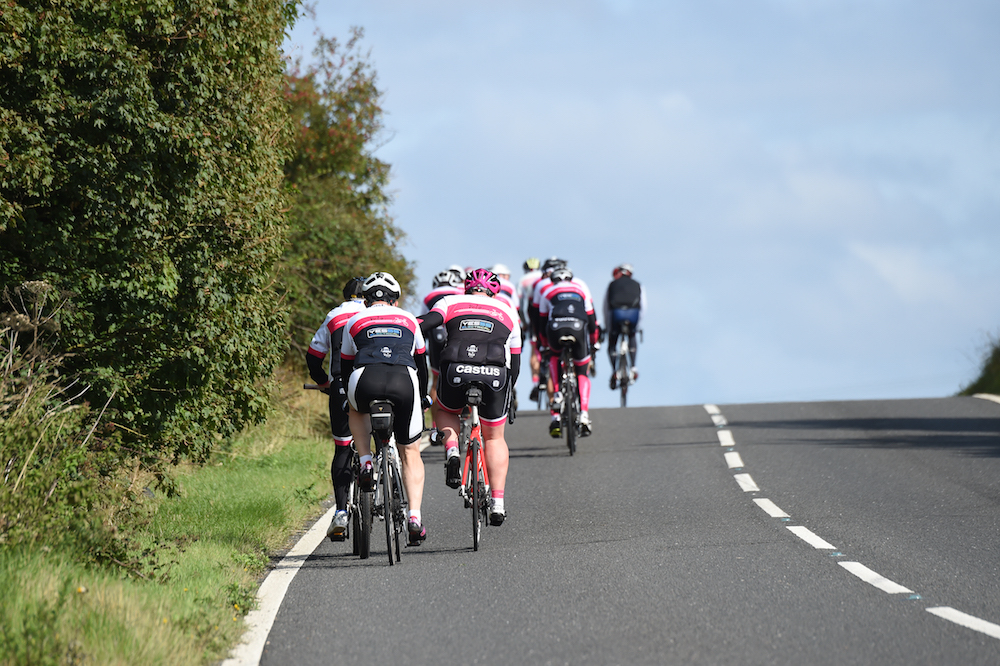
Cycling offers a chance to connect with others on multiple levels. Even if you are not the most sociable person, having a sense of belonging to a tribe. Perhaps a nod or a chat while on a bike ride is all you need to boost your mental health.
Obviously, there are also things like cycling clubs and social rides which can offer a lot more in terms of a meaningful connection. Riding alongside someone new or old and chatting about what's going on in your head can sometimes feel a lot easier than intense one-to-one time on a phone call or across a table.
"It's a good way to connect with other people," Perry says. "The theme of mental health awareness week [this year is] loneliness. I had a book come out last year called the 10 Pillars of Success. It's looking at the 10 characteristics in life that we need if we're going to be really successful. The first chapter was belonging, and it was first for a reason."
I find that both running and cycling clubs are a great opportunity to meet new people, which can often prove hard as an adult. This is especially true during the pandemic, which has increased isolation, but on a more positive note, a lot more people have got into sport since Covid kicked off. This means clubs are often bursting at the seams with people to meet.
I moved to a new city as a 25-year-old in 2020, which was not the ideal time to meet people and make new friends, but cycling has been a central part of the way I've finally felt more at home.
"If we don't feel like we belong, we have that sense of loneliness, of being on the outside, of not being wanted, of not attaching to others," Perry says. "Cycling can be a really, really lovely way to belong."
More than that, bike riding can be a great identity, so it can just be a good thing to be a part of. Social media platforms like Strava can allow people to see what others are up to and check in.
Perry explains: "Even though I have many issues with Strava, the fact that you're on there, and you're seeing other people and you might not have ridden with them, but you've ridden the same roads, and you're connecting with people. You can see people enjoying the same things that you enjoy, building that sense of belonging."
You can achieve and enjoy something through cycling
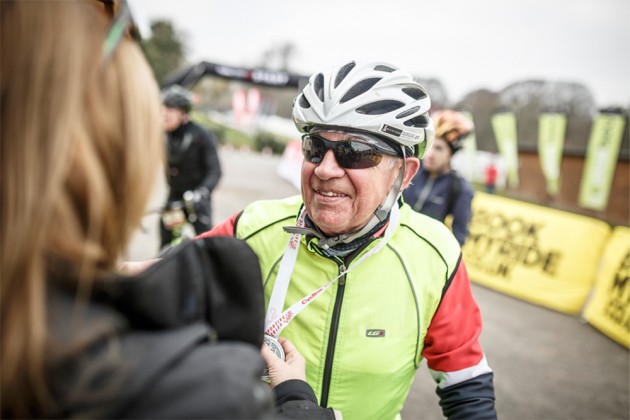
When in a bit of a depression abyss, or an anxiety spiral, it can be very hard to feel like you've achieved anything. A simple bike ride is a fantastic way to tick something off for the day, even if you have castigated yourself for sitting inside most of the day, or not budging from bed.
Perry uses something called the ACE list when chatting to people with depression, which something like cycling can be worked into.
Here is her explanation of the system:
"A stands for achievements. So we'll put 10 things on there, that on a bad day, we feel like an achievement, and that could be getting outside or having a shower. Sometimes it will be like 20 minutes on the turbo trainer or going for a short ride outside to the shop. They feel like small things, but they still help us move further forward than we would without those little goals.
"The C stands for communication. We try to pick people in that person's life that they will try to connect with one person each day while they're going through a depressive episode. It doesn't have to be a phone call or anything scary. It's literally their short WhatsApp message or commenting on somebody's posts but a way of reaching out and touching other people in the world.
"Then the E is enjoyment. So if you get enjoyment out of something, make sure you do a little bit of that every day. Most of us know that we usually feel better after a ride. Not always, but most of the time we do, and we know this is an easy way to get some of that reward feeling. Feel like we've achieved something, and actually spend the time to go and do something else. And then we'll check back into kind of feeling more of ourselves."
Make sure it's part of your life, and not all your life, though
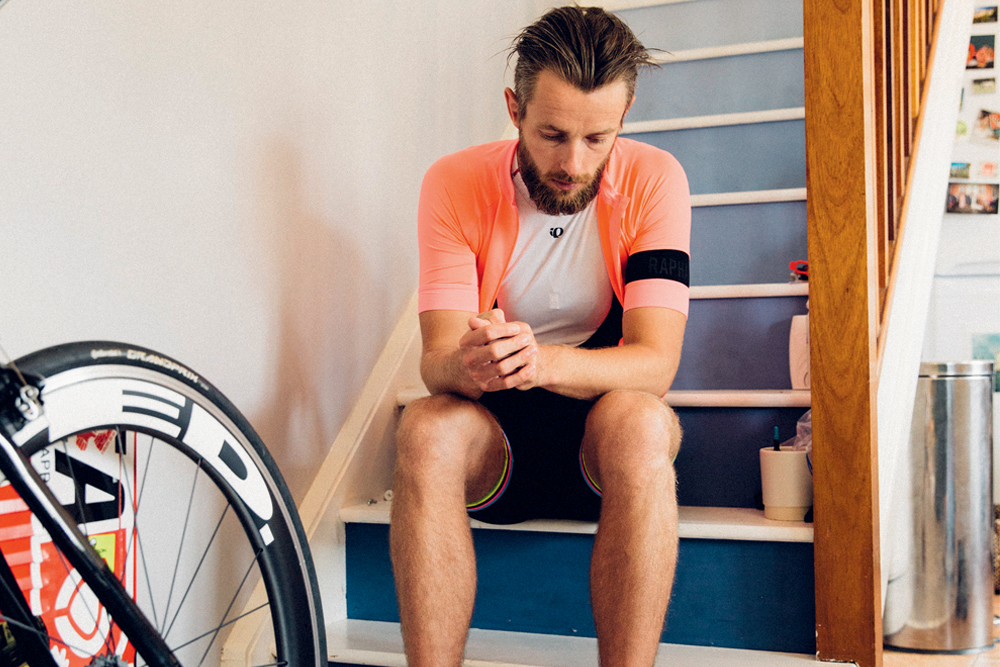
I really notice when I spend a period of time away from cycling or running. Not just in terms of fitness, which might be more immediately obvious - that paunch coming back - but in terms of my mental health.
Sometimes, thanks to some travel for Cycling Weekly, or illness - thanks Covid - I don't exercise at my normal rate for a few weeks, which really impacts my mood and how I feel about myself.
This proves how important cycling and running are for my mind, but Perry warns that it shouldn't become too important, as exercise addiction is very real. Plus, anyone could find themselves stuck on the sofa for any number of reasons, so you really shouldn't make it everything in your life.
"Cycling is fabulous for your mental health," Perry tells me. "However, you can take it too seriously. When it becomes a core part of your identity, there are risks: things like overtraining, exercise addiction, impact on other areas of your life.
"[As long as you maintain perspective, cycling] should be a brilliant addition to your life. If it becomes everything, even if you're professional, there are some mental health risks to it."
In the world of cycling especially, where weight is often seen as important, exercise addiction can often be linked to disordered eating, and the idea of control. This can be dangerous when thinking about mental health.
"A lot of exercise addiction comes because people are trying to purge calories," Perry explains. "Often we find disordered eating in someone's background, I will often find that with elite level cyclists, that food is very much kind of a control mechanism.
"If they can't control the food, they'll control how much exercise they do. If you've got a coach it's about having really good communication, and listening to their advice that they can notice when you're doing too much. We certainly get people that exercise way beyond anything that's ever going to be helpful to performance."
The important thing is to watch out for this sign, and make sure that exercise is part of a balanced mental health regime, just in the same way that a balanced diet is better than simply eating salad all the time.
"The big thing to look out for when we see somebody might have exercise addiction, is when it's causing problems in the rest of their life," Perry says. "So that might be fights with your partner, because you're not doing your share at home, because you're always out on your bike, or other people start to worry about you. Or you're missing deadlines at university or at work because cycling is taking precedence."
Happy World Mental Health Day
While I hope this might have inspired at least someone to get their bike out of the garage and go for a spin for their mind, this should have at least made you think about your head.
This World Mental Health Day, reach out to friends, ask them how they are. These can be tough questions, so you could ask them to rate their mental health out of ten, or just have a chat. You never know how much you could be helping someone by just saying hello.

Thank you for reading 20 articles this month* Join now for unlimited access
Enjoy your first month for just £1 / $1 / €1
*Read 5 free articles per month without a subscription

Join now for unlimited access
Try first month for just £1 / $1 / €1

Adam is Cycling Weekly’s news editor – his greatest love is road racing but as long as he is cycling, he's happy. Before joining CW in 2021 he spent two years writing for Procycling. He's usually out and about on the roads of Bristol and its surrounds.
Before cycling took over his professional life, he covered ecclesiastical matters at the world’s largest Anglican newspaper and politics at Business Insider. Don't ask how that is related to riding bikes.
-
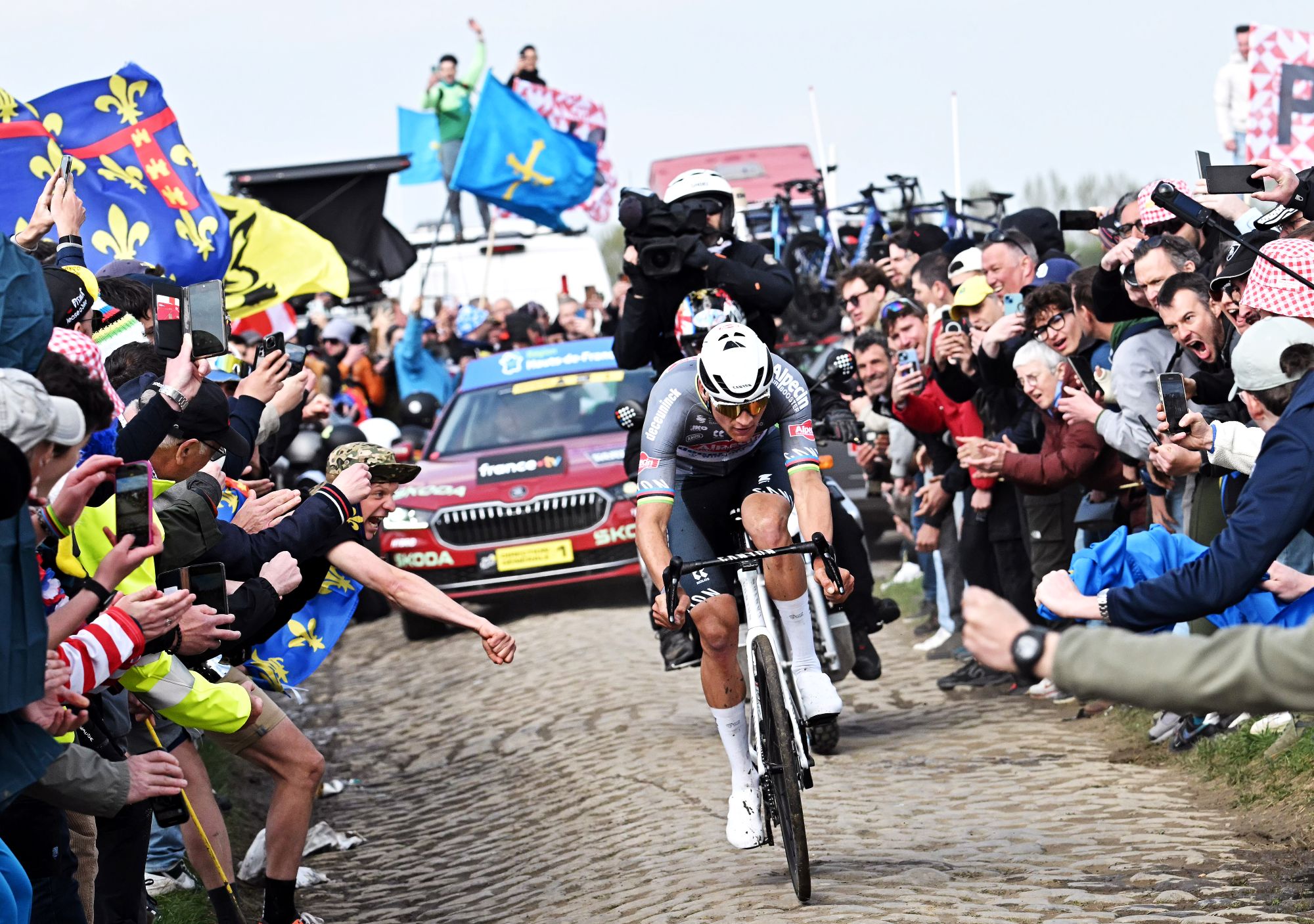 Cycling's riders need more protection from mindless 'fans' at races to avoid another Mathieu van der Poel Paris-Roubaix bottle incident
Cycling's riders need more protection from mindless 'fans' at races to avoid another Mathieu van der Poel Paris-Roubaix bottle incidentCycling's authorities must do everything within their power to prevent spectators from assaulting riders
By Tom Thewlis Published
-
 Why Paris-Roubaix 2025 is proof that road bike tyres still have a long way to go
Why Paris-Roubaix 2025 is proof that road bike tyres still have a long way to goParis-Roubaix bike tech could have wide implications for the many - here's why
By Joe Baker Published
-
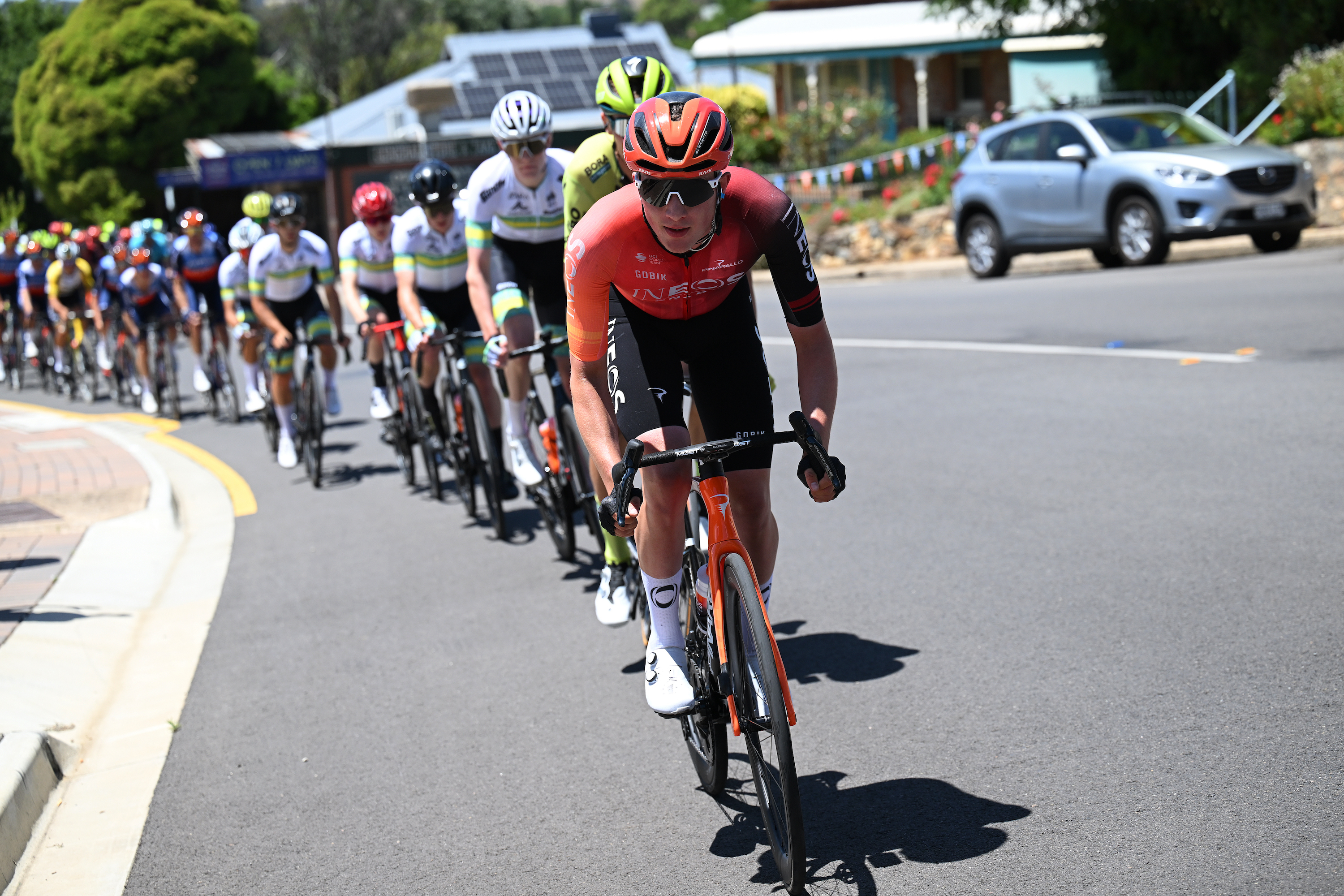 More pro cyclists are speaking about their mental health, and that’s a good thing
More pro cyclists are speaking about their mental health, and that’s a good thingIneos’ Leo Hayter opening up about his struggles last week was just the latest example of a new positive wave
By Adam Becket Published
-
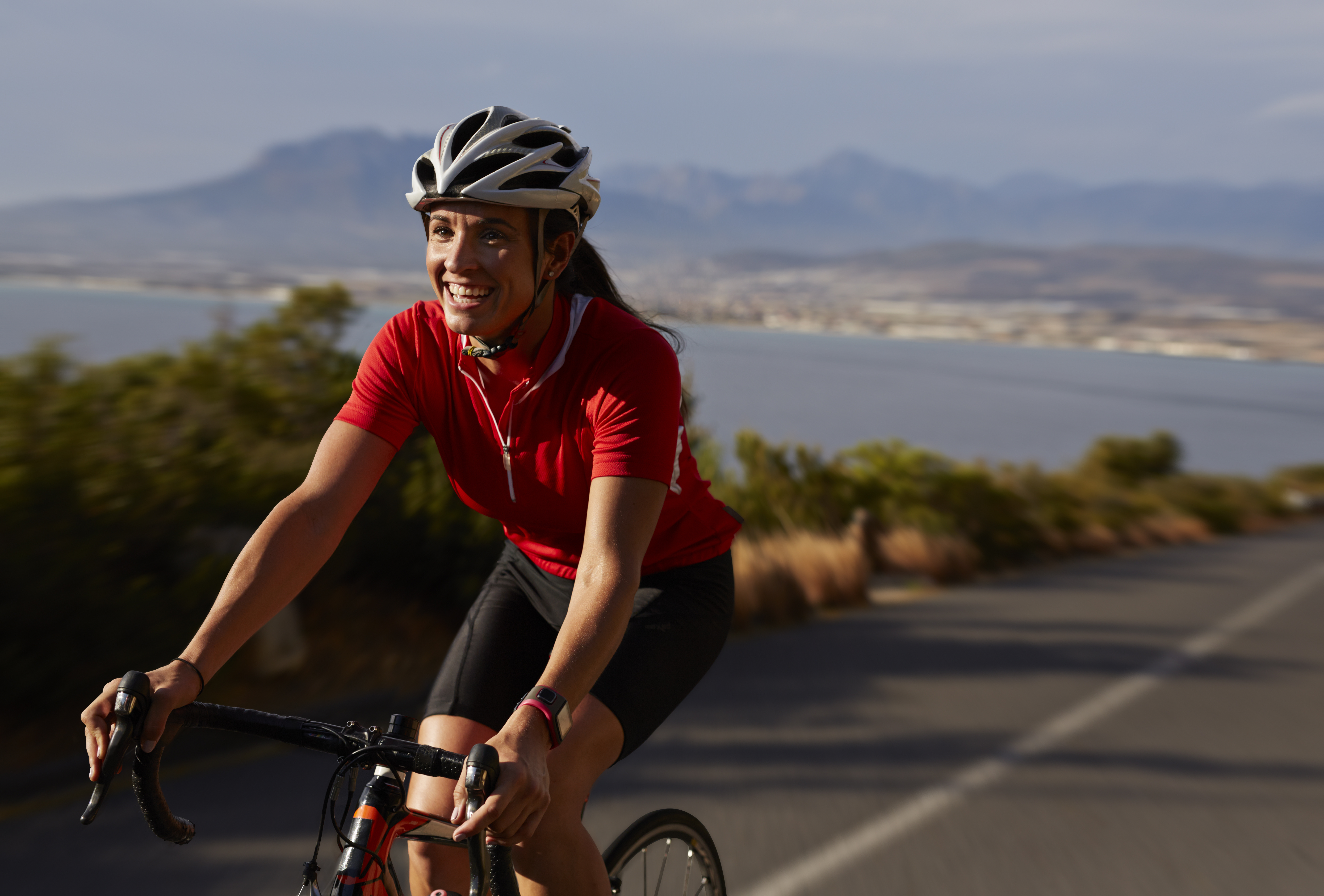 Cycling fans like a drink when watching sport says study
Cycling fans like a drink when watching sport says studyThey're also among the least likely to be seen in the pub according to a new survey
By Tom Davidson Published
-
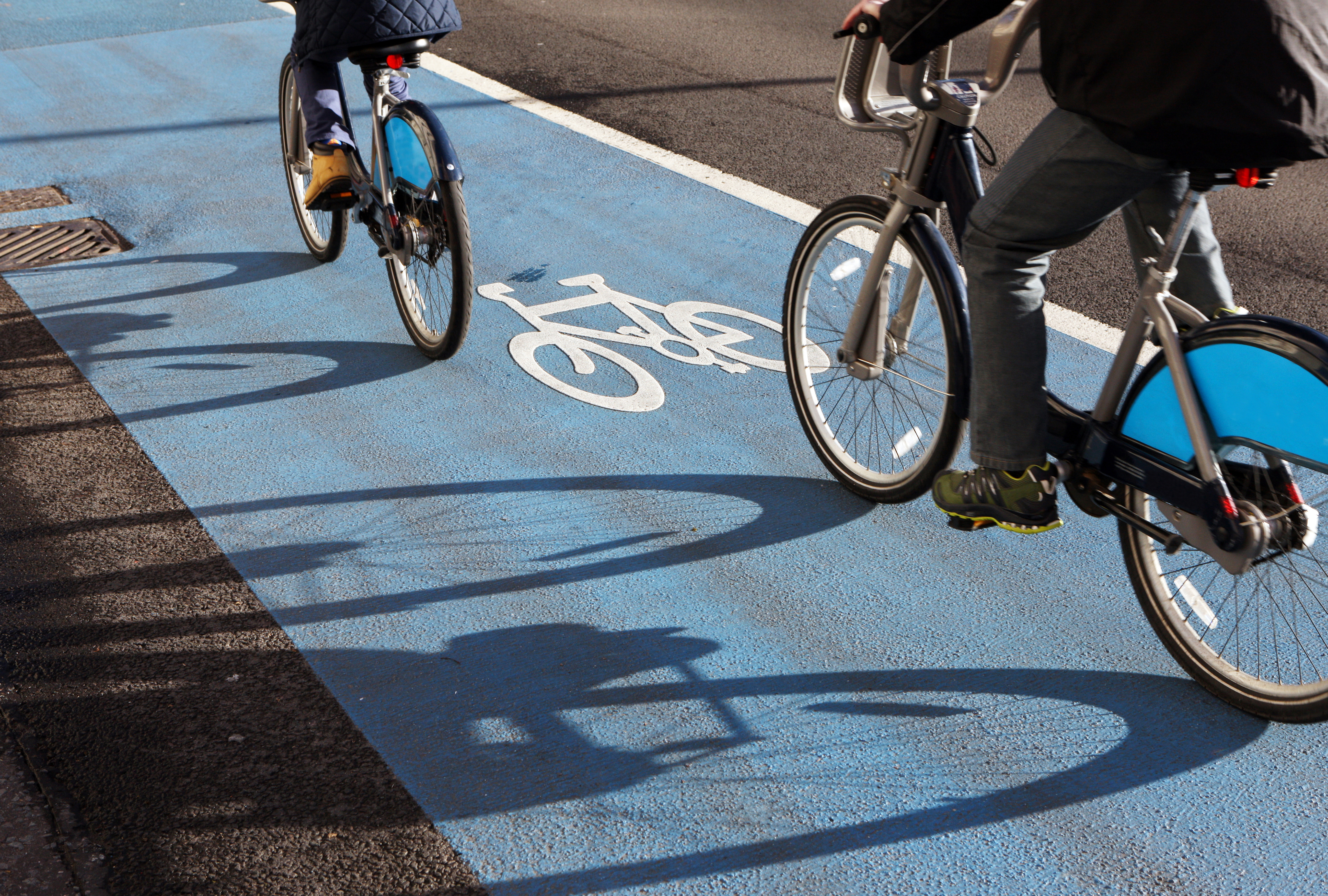 Cycling to be prescribed by UK GPs in health boost trial
Cycling to be prescribed by UK GPs in health boost trialThe new trial, announced by the government on Sunday, will run until 2025.
By Tom Davidson Published